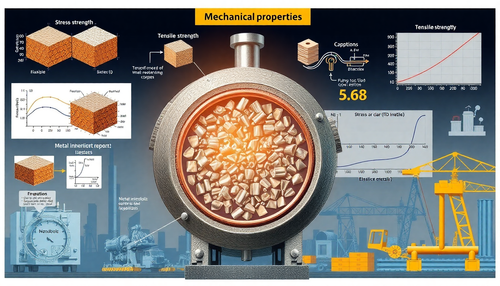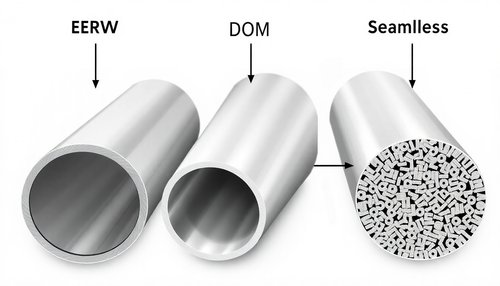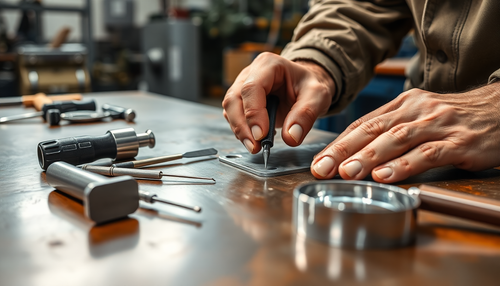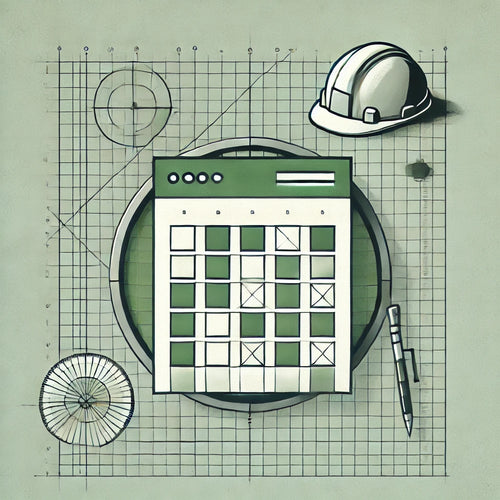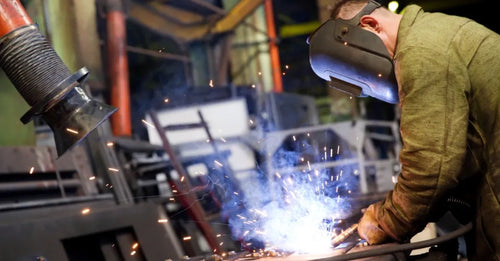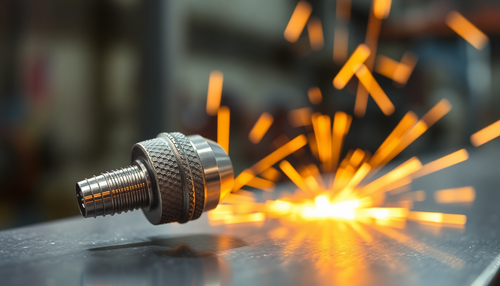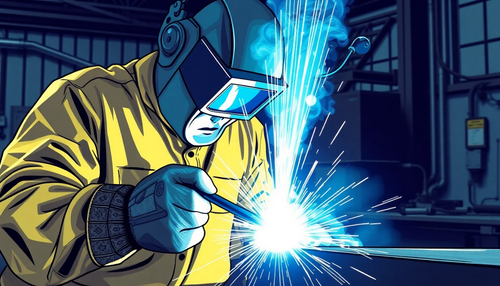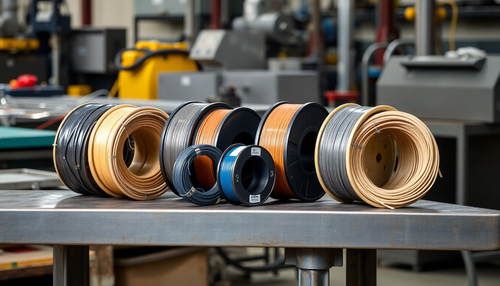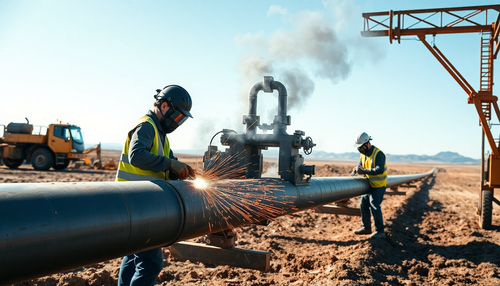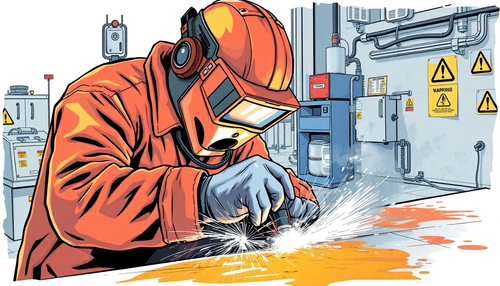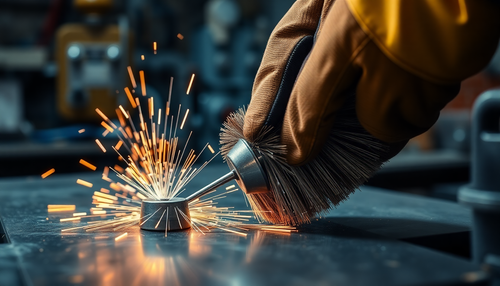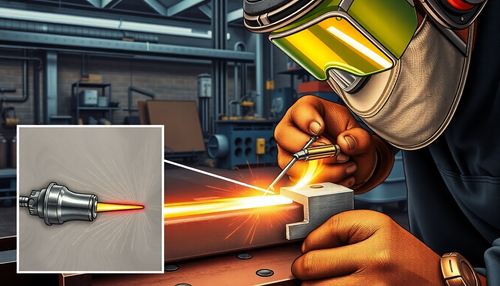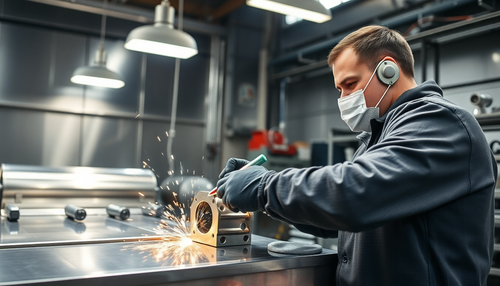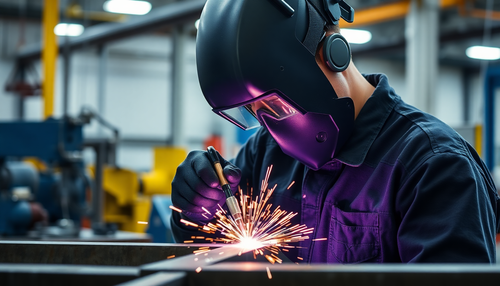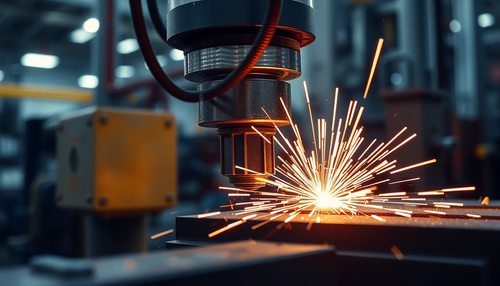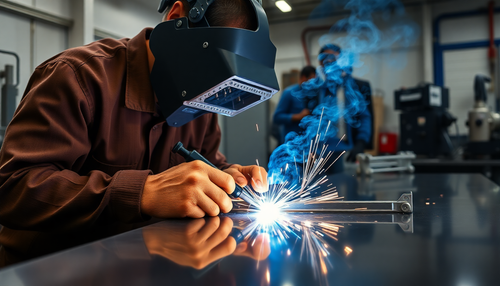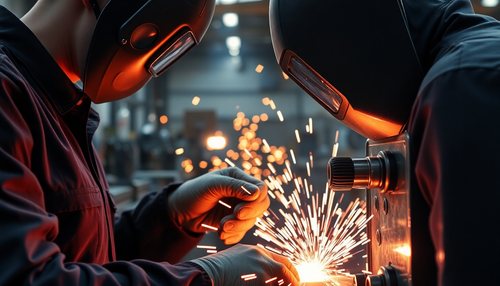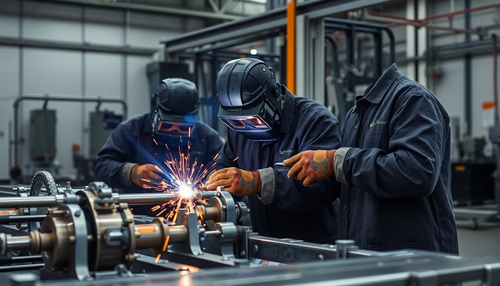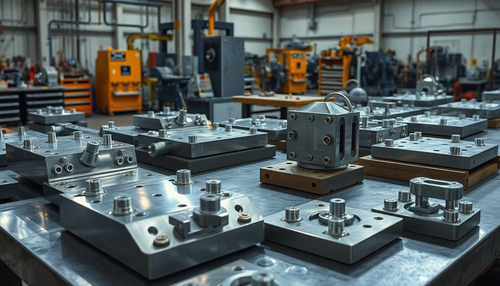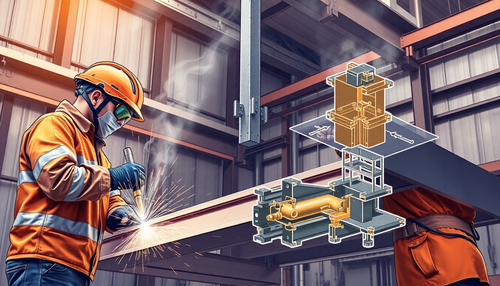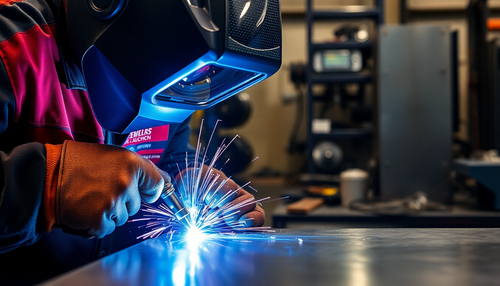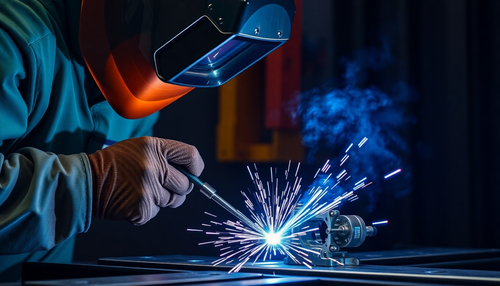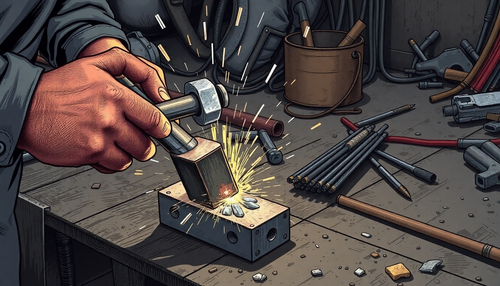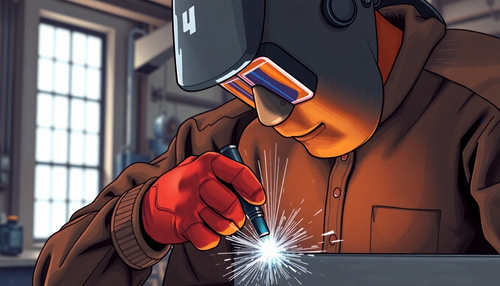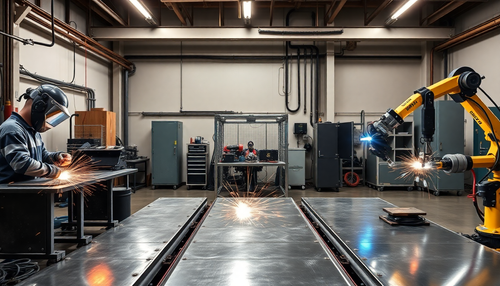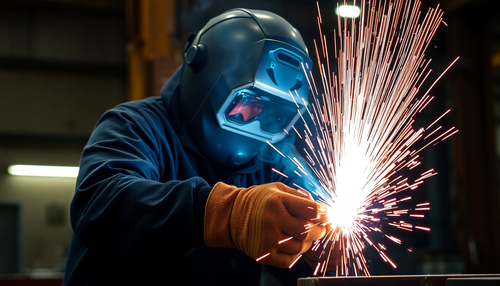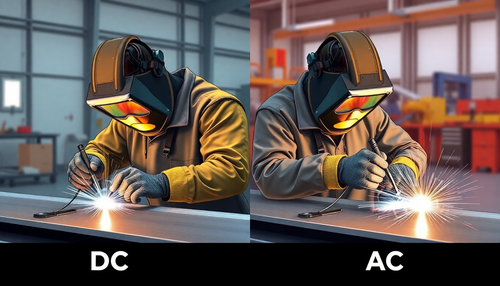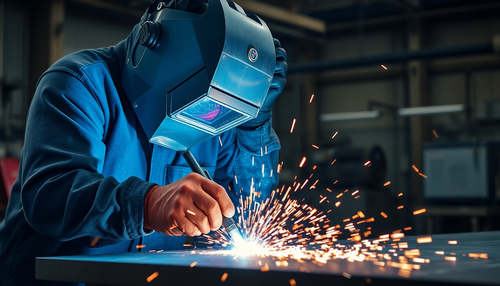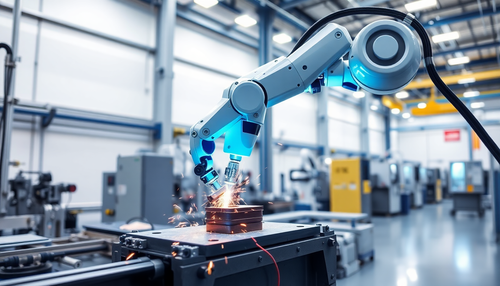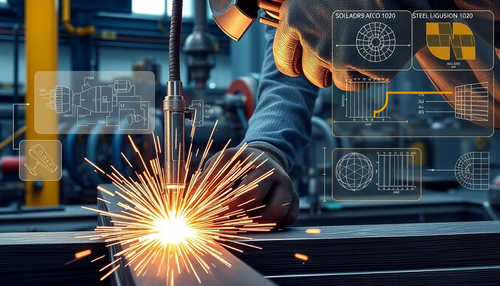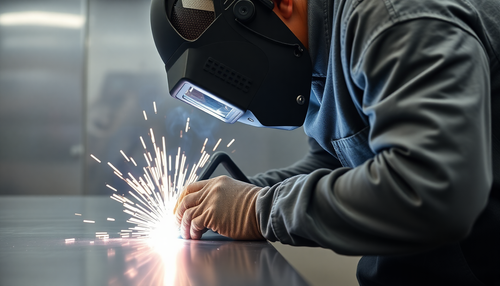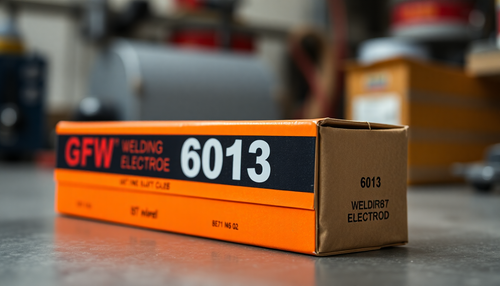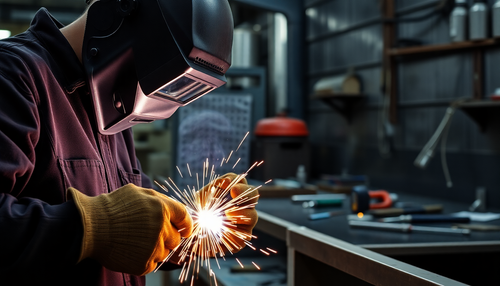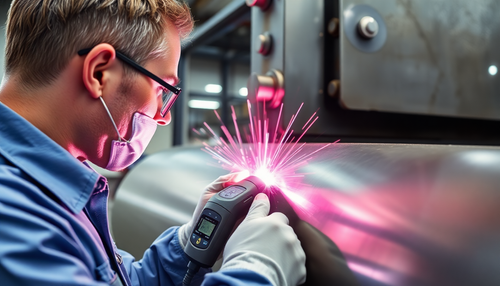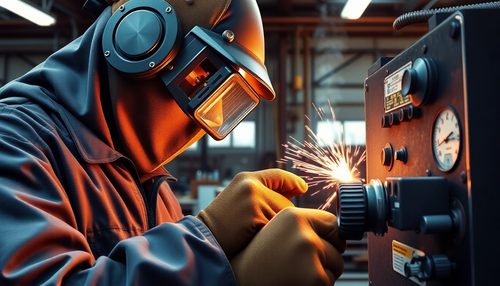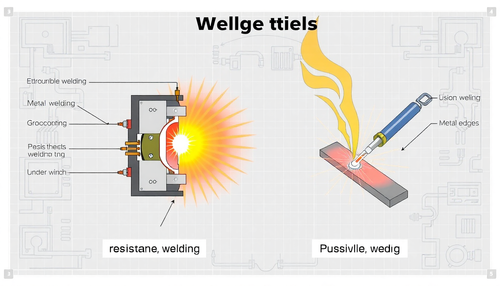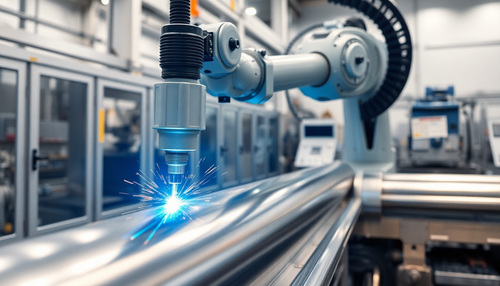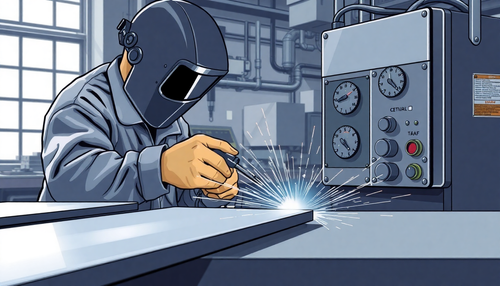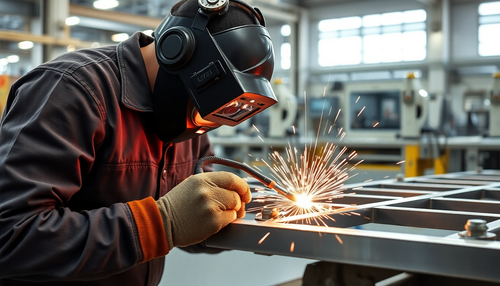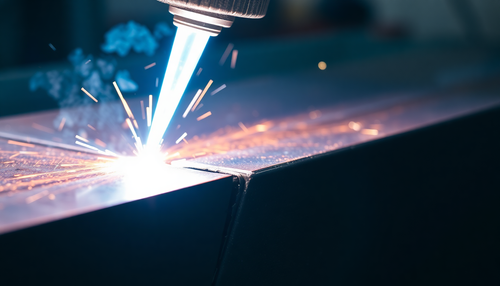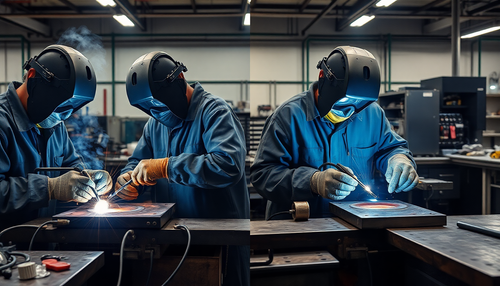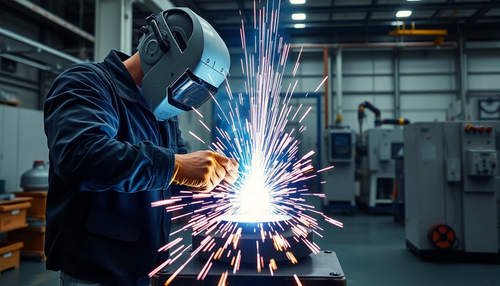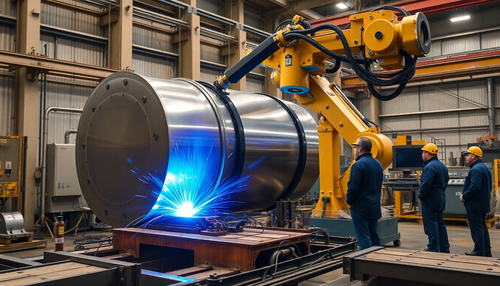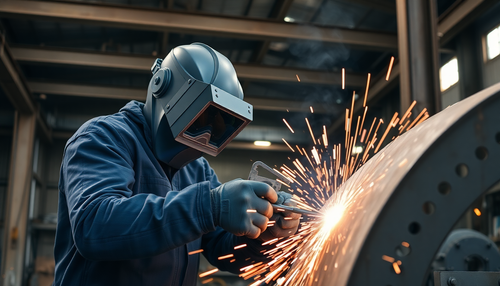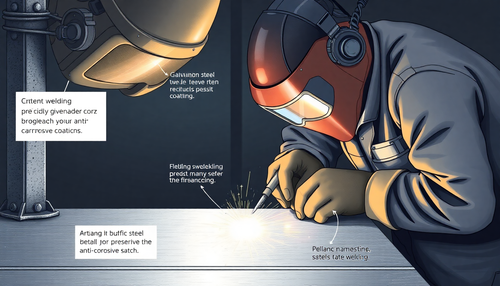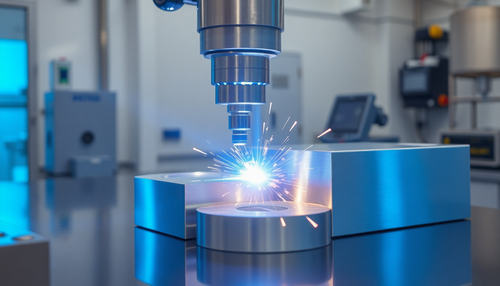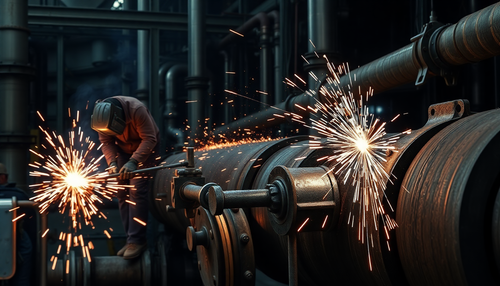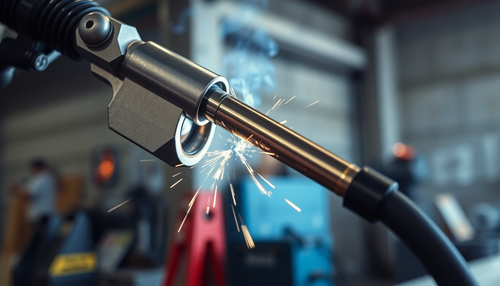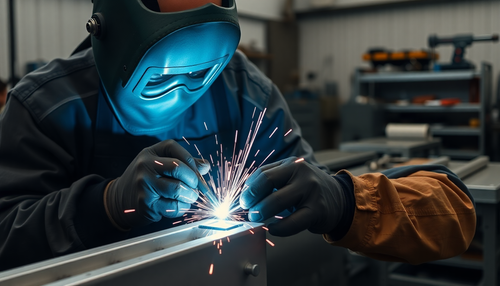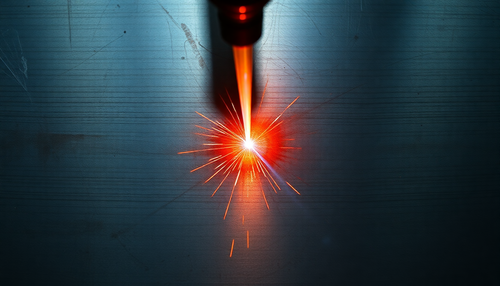
What is a press brake operator?
A press brake operator is a skilled worker who operates a press brake machine, which is equipment used to bend and shape sheet and metal sheets. Press brakes use a punch and die assembly to form predetermined bends in metal parts. The operator is responsible for setting up the machine, selecting and installing the appropriate tools and dies, and adjusting the machine settings to achieve the desired bend angle and dimension.
Duties of a press brake operator typically include:
- Reading and interpreting technical drawings and plans to understand the specifications required for the metal parts being manufactured.
- Select the correct type and size of tools and dies for the job at hand.
- Bending machine setup including back gauge adjustment, ram depth and pressure settings according to material type and thickness.
- Position the metal part in the machine accurately for bending.
- Operate the press brake to bend metal to specifications.
- Check the accuracy of bends using measuring tools such as protractors, calipers, and angle gauges to ensure they meet required tolerances.
- Perform routine maintenance on the machine, such as lubricating and cleaning, to keep it in good working order.
- Solving any problems that arise during the operation of the press brake.
- Adhere to safety protocols to avoid accidents and injuries while operating the machine.
Press brake operators must have a good knowledge of metal properties and manufacturing techniques, as well as strong mathematical skills to calculate tolerances and bend angles. They also need to be detail-oriented and able to work with precision to produce high-quality metal parts that meet the specifications and standards required by their employers or customers.
Press Brake Operator Job Description
As a sheet metal shop leader, I am committed to following company rules and regulations and adhering to leadership work plans. I strive to bring the team together and make positive contributions, while ensuring that all work is done efficiently and that all products are of the highest quality.
I am responsible for the maintenance, inspection, repair, adjustment and safety of the press brake and maintain detailed records of all related tasks. I am familiar with safety procedures and operate the press brake in strict accordance with safety guidelines and operating procedures. I have mastered the normal operating procedures of the press brake and can respond quickly to any abnormal situation.
Before starting the press brake, I thoroughly inspect the oil levels, valves, piping and oil pressure to ensure they meet all requirements. I also check the motor, switch, wires, and ground to ensure they are working properly, and make sure all control equipment and buttons are in the correct position.
I also evaluate the alignment and stability of the upper and lower molds and ensure that all positioning devices meet manufacturing requirements.
To restart the program, move the top slider plate and each positioning axis back to the Home state.
If, during the first 1-2 minutes of operation, the equipment makes an abnormal sound or stops working after 2-3 strokes, immediately stop the press brake, find and correct the problem, and only continue operation when everything is confirmed to be correct. in good condition.
Have one person in charge during work to ensure close collaboration between operators and power suppression personnel. Confirm that all personnel are in a safe position before giving the bow signal.
Compact the sheet metal to prevent warping and possible injury during the bending operation.
Turn off the power and wait for the machine to stop before adjusting the punch.
Do not allow any material to touch the lower die when changing the V-opening of the lower dies.
Regularly check that the fixing screws are secure.
Press brake operation must be a collaborative effort between two people responsible for feeding, size and accuracy control, and material handling. One person must be responsible for the location.
Do not place any other items on the counter.
Stop the press brake before making any adjustments or cleaning.
Stack finished products neatly, clean the area, turn off the power and lock the switch box before leaving for work.
Income and Salary for Press Operators
In Brazil, the profession of press operator, especially those who work with brake presses, plays a crucial role in the manufacturing industry, especially in sectors such as metallurgy and parts manufacturing. The remuneration of these professionals can vary greatly, influenced by factors such as the region of the country where they work, the experience they have, the type of industry they serve and the specifics of the employment contract.
Base Salary and Regional Variations
On average, the salary of a brake press operator in Brazil can range from R$1,500 to R$2,800 per month. However, in more developed industrial regions, such as São Paulo and Rio Grande do Sul, these professionals can receive higher salaries due to greater demand and the high cost of living in these areas. Furthermore, larger companies or those operating in more specialized sectors tend to offer more competitive remuneration.
Benefits and Overtime
In addition to the base salary, brake press operators are often entitled to benefits such as transportation vouchers, meal vouchers, medical assistance and, in some cases, participation in the company's profits. Overtime, when necessary, is paid at an additional rate of at least 50% of the regular hourly rate, as determined by Brazilian labor legislation.
Experience and Specialization
Experience and specialization can significantly impact the remuneration of these professionals. Brake press operators with advanced skills in CNC (Computer Numerical Control) machines, for example, tend to receive higher salaries due to the precision and complexity of the operations they can perform. The ability to work with different types of metals and understanding technical standards are also factors that value the professional in the market.
Perspectives for the Future
The manufacturing sector in Brazil, despite economic fluctuations, shows signs of growth in technologically advanced areas, such as industrial automation. This could lead to a greater demand for qualified brake press operators and, consequently, a potential increase in salaries and more promising career opportunities for these professionals.
Concluding
Brake press operators are essential to the Brazilian manufacturing industry, playing a key role in the production of high-precision parts. Investing in technical training and seeking certifications can open doors to better-paid and stable job opportunities. We encourage professionals in the field to engage in continuous learning and seek opportunities for career growth. Participate in the discussion by leaving your comment about the perspectives for press operators in Brazil and share your experiences in the area.


